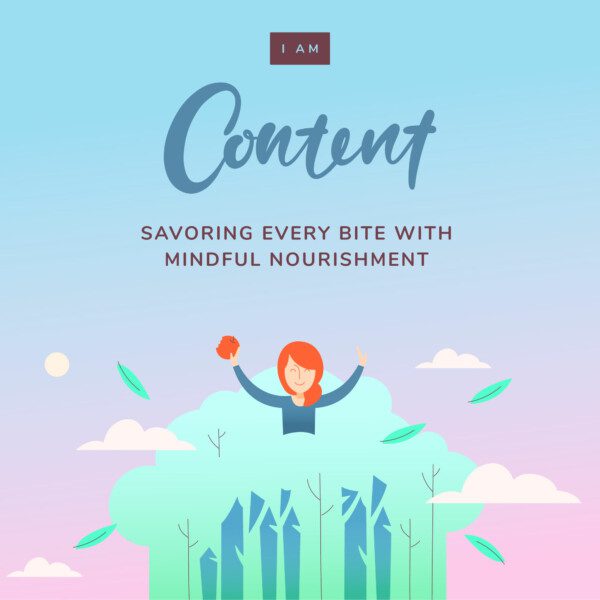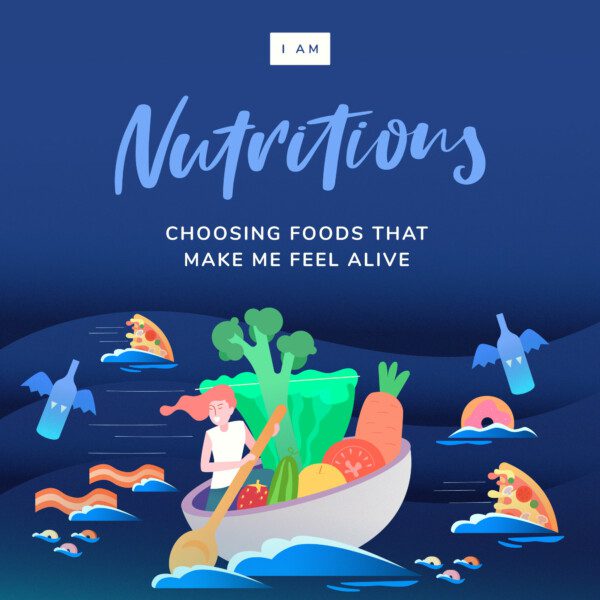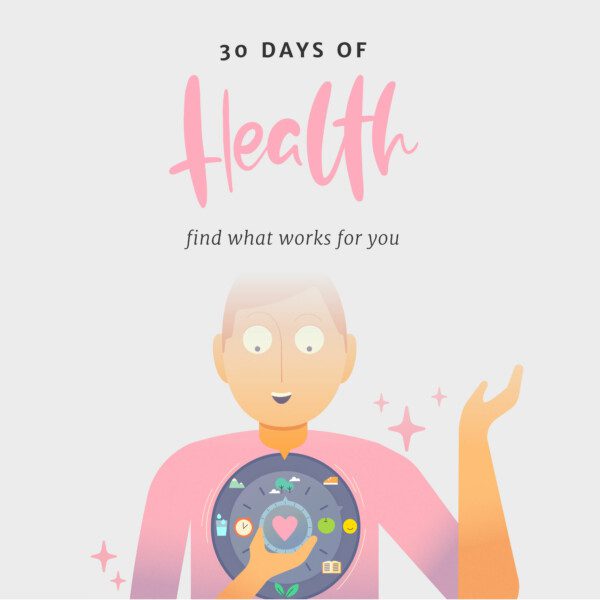What Is Intermittent Fasting?
Intermittent Fasting, also known as IF, is a way of eating that focuses on the timing of meals. Eating healthy whole foods is still very important, but intermittent fasting isn’t about what foods you eat, it is about when you eat and the timing between meals.

Fasting has been practiced for many cultures all over the world. This isn’t starvation, fasting is the controlled voluntary withholding of food. Our bodies were made to store food for times of famine. While we don’t often see famine anymore in this day and age, fasting still is beneficial to the body in many ways.
IF focuses on creating large gaps between meals and/or having a specific window of time where eating is allowed. See examples below
Why it works for weight loss and overall health
When we eat we take in calories. Not all of the food we eat in one sitting can be used in that moment for energy. This means we store some to be used later for a burst of energy. The American diet is very abundant and because of this, we eat meals and snacks throughout each day and store calories from each eating period for stored energy. The thing is, we never fast. Which is where the weight gain comes in.
Weight loss isn’t only about calories in VS calories out. While that is still important and fasting will help with cutting back on calories, there are other factors to weight loss like hormones, stress, and sleep.
Whether you are fasting for a full day or 16 hours, your window of eating will be much smaller and you will naturally eat less food for the day. This correlates to less calories for the day of course.
Intermittent fasting also helps with the other aspect of weight loss, hormones. Insulin is the hormone released each time we eat and it helps pull sugar from our blood stream and bring it to vital organs for energy.
Over time of eating an unhealthy diet, our body can become what is called insulin resistant. This means that the body produces too much insulin each time you eat because the it has built a tolerance to it in a way. Kind of like how a drinker may begin to need more drinks to feel the effects of alcohol.
By practicing IF, you allow your resting insulin levels to lower, which helps reverse insulin resistance and forces you to burn stored fat for energy.
While IF doesn’t talk too much about what foods to eat, we still want to focus on whole foods and cutting back on sugar and processed foods. The reason is that foods like processed sugars and carbohydrates cause insulin to spike. Where as, healthy fats like coconut oil barely spike insulin.
Experimenting With IF
If you eat continuously, you are never going to burn the excess fat (stored energy) and you won’t see weight loss. To create more balance we want to eat and fast throughout each week.
There are many ways to do this. I always recommend starting out small and building. You wouldn’t run a marathon without training, so don’t jump into a full day fast without a smaller step first.
The most common form of IF is the 16 to 18 hour fast. Now don’t freak out, a big chunk of this time is while you are asleep.
The easiest way to get started with fasting and build up to the 16 or 18 hour fast is to start by having dinner earlier and breakfast later.

Breakfast literally means to break a fast. You fasted naturally overnight while sleeping and all we want to do is extent the fasting in both directions. So to start out with a 12 hour fast, all you have to do is stop eating at 7 pm and don’t have breakfast until 7 am.
You can choose your times and do the math. Each day you can try taking on an hour. Still stop at 7 for dinner but wait until 8 for breakfast.
Once you eat breakfast, you can eat anytime you are hungry up until dinner and then you want to stop.
While fasting, you can drink lots of water, tea, and coffee. The only rule here is we don’t want to add any sugar to these drinks. A small splash of milk or coconut oil is okay if needed. The reason is that sugar will spike your insulin and the point of the fast is to, not spike it 🙂
When it comes time to break your fast and eat, start slow. Plan your meal and chew each bite 20 times. We often want to scarf food down quickly out of hunger. This can lead to overeating and not enjoying the food. Eat slow and savor every bite.
Intermittent fasting is perfectly normal and healthy to practice. If you are diabetic and on insulin you should consult your doctor first. If you ever feel you need to eat because you are shaky, eat.
Overall what is most important is listening to your body while also realizing that the uncomfortable hunger feeling you may have doesn’t need to control you.
Want to learn more about your own body and create a specific individualized plan for your own health? Take the 30 Days of Health Challenge Course!

